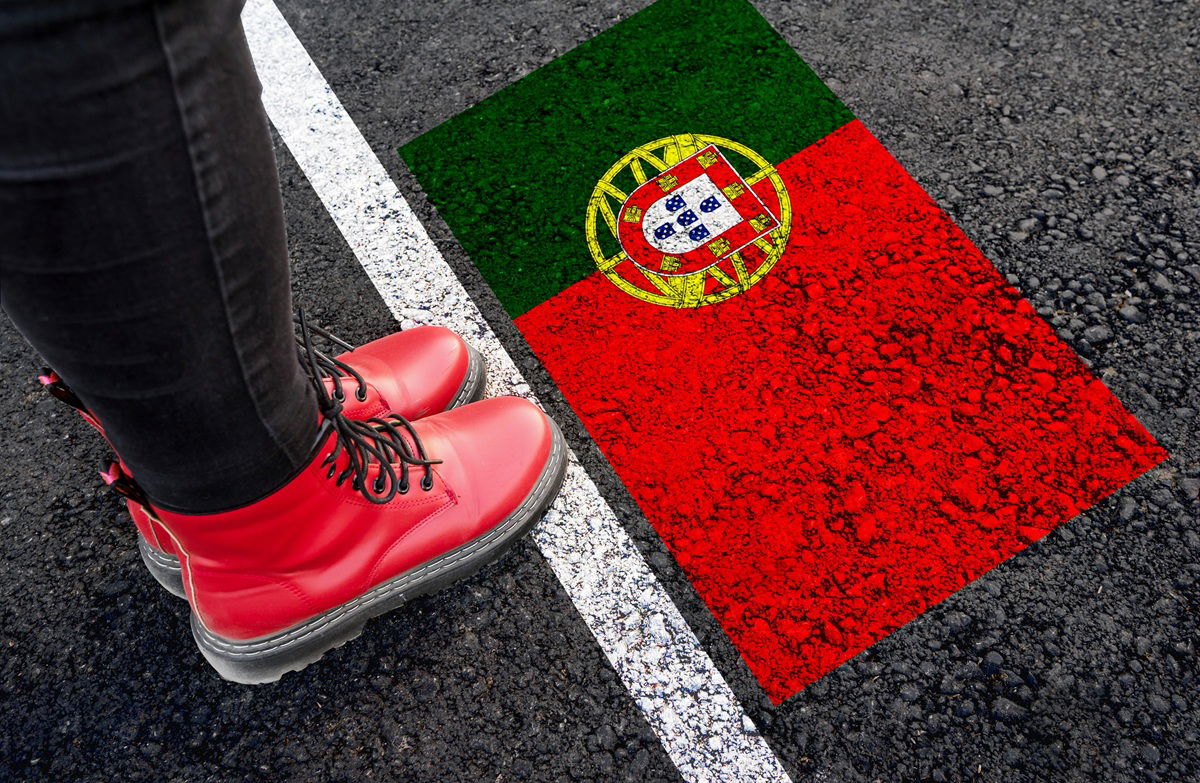Portugal tightens immigration rules amid political debate.
Credit : GagoDesign, Shutterstock
Portugal has approved a new immigration bill that has already sparked heated arguments in parliament, in cafés across Lisbon, and among immigrant communities who call the country home.
The centre-right government, backed by the far-right Chega party, insists the new law is about balance and control. But critics say it’s a thinly veiled move to appease populist voices across Europe calling for tougher borders.
A divided parliament, a divided country
On Tuesday, September 30, MPs passed the revised legislation just months after Portugal’s Constitutional Court blocked the earlier version for being too heavy-handed, especially when it came to family reunifications. The latest draft waters down a few of the harshest rules but keeps most of the tougher restrictions in place.
Most Read on Euro Weekly News
As expected, left-wing parties voted against it. They argue Portugal is abandoning its reputation as one of Europe’s most welcoming countries and adopting policies that look and sound suspiciously like those seen in Italy, Hungary and beyond.
“It’s not about balance, it’s about fear,” one Socialist MP said after the vote. “Portugal needs workers, it needs families, and immigrants are part of our future. This bill tells them they’re not wanted.”
For supporters of the government, however, the changes are overdue. They argue immigration has doubled in just three years, creating pressure on housing, healthcare and schools. Cabinet Minister António Leitão Amaro defended the bill in parliament by insisting it “neither throws open the doors nor slams them shut, but takes a responsible path that reflects our labour needs and capacity to integrate.”
What changes for immigrant families?
The most controversial part of the new bill relates to family reunification. Until now, immigrants needed two years of legal residency before they could apply to bring spouses to Portugal. That rule remains – but with a new exception. Couples who can prove they were together for at least a year before moving can cut the wait down to just 12 months.
Children under 18 and dependants with disabilities can now also be reunited with their families immediately, regardless of how long the main applicant has been legally resident. That concession was forced through after the Constitutional Court rejected the government’s first draft.
Still, immigrant associations fear the process will become more complicated and more expensive, especially for working-class families. “It looks flexible on paper, but in practice people will face endless bureaucracy,” warned a community organiser in Lisbon’s immigrant-heavy Amadora district.
Immigration in Portugal: the bigger picture
Portugal, a nation of just over 10.5 million people, has seen immigration soar in recent years. Official data from AIMA, the migration and asylum agency, shows that 1.5 million foreign citizens were legally living in Portugal last year – double the number just three years earlier.
Brazilians make up by far the largest group, with over 450,000 residents, followed by Cape Verdeans, Angolans, Nepalis and Indians. Many work in construction, agriculture, hospitality and healthcare – sectors that have struggled to fill jobs without migrant labour.
For immigrant families, Portugal has long been a magnet thanks to its language ties, relatively straightforward residency rules, and reputation for tolerance. But the tone is shifting. The rise of Chega, a far-right party openly hostile to immigration, has spooked the mainstream centre-right into adopting stricter measures to avoid losing votes.
Part of a wider European trend
Portugal isn’t alone. Across Europe, governments have toughened migration laws in response to public pressure and far-right gains. From France to the Netherlands, debates over border controls and integration dominate national politics.
The Portuguese case is particularly symbolic because the country has traditionally positioned itself as an outlier – more open, more tolerant, and more reliant on immigrants to keep its ageing economy running. The new law suggests those days may be fading.
What happens next?
The bill still faces one potential hurdle: another challenge at the Constitutional Court. If judges rule again that it infringes rights, parliament may be forced back to the drawing board. But for now, the government has what it wanted – a clear signal that Portugal is joining Europe’s march towards tighter immigration rules.
The practical impact will become clearer over the coming months, as families submit applications under the new system and discover whether the process is faster, slower, or simply more confusing.
For the thousands of immigrants who already see Portugal as home, the political debate may feel distant. But the ripple effects are real. From proving relationships with paperwork to waiting years to reunite with loved ones, lives will be shaped by decisions taken this week in parliament.
As Europe wrestles with its identity in the face of migration, Portugal – once seen as the open door – has just turned the lock a little tighter.
Stay tuned with Euro Weekly News for more news from Portugal
